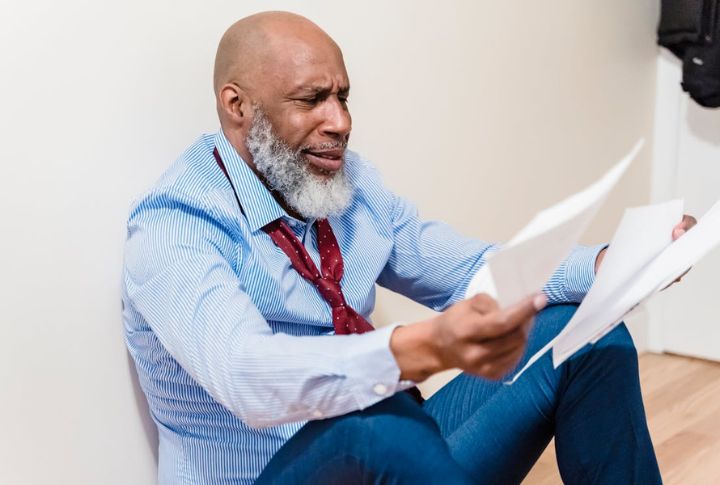
Buying a home is often described as the ultimate milestone. But once the papers are signed, that glow can sometimes give way to doubt. When worries start creeping in, it leaves you second-guessing your decision. However, buyer’s remorse doesn’t have to define the homeownership experience. There are practical ways that can help you reconnect with the reasons you bought in the first place. Here’s how to move forward.
Acknowledge That Buyer’s Remorse Is Common

Many new homeowners feel unsettled after signing the papers. PR Newswire quotes that more than half of first-time purchasers admit to some regret. By naming the emotion and recognizing it as a widespread experience, you can begin to separate doubts from genuine concerns that need attention.
Revisit The“Why” For Buying A Home

In moments of doubt, look back to the reasons that led you here in the first place. Maybe it was the dream to raise a family in a safe neighborhood or the pride of owning something that genuinely belongs to you. When you reconnect with those deeply personal reasons, you become capable of quieting the noise of regret.
Assess If The Concerns Are Emotional Or Financial

Every pang of regret carries a different root cause. Some unease stems from the emotional turbulence of leaving the familiar behind, while other worries highlight legitimate financial strain. Owners who distinguish between the two can take more precise action. Addressing the core worry can help you put that anxious mind at ease.
Review The Home Inspection Report Again

A second look at the inspection report can provide unexpected reassurance. Many buyers forget that structural safety and major systems have already been checked. If repairs were flagged, determine which are urgent and which can wait. Divide the resources accordingly so that the financial condition is not affected.
Improve The “Fit” Of The Home With Personalization

Your house begins to feel like home once it reflects your personality. Fresh paint, meaningful decor, or a small renovation can transform the atmosphere. Even modest upgrades can strengthen emotional connection. The more your space mirrors your lifestyle, the less power regret holds.
Optimize The Budget Post-Purchase

Mortgage reshapes the monthly finances, but minor adjustments create breathing room. Trim back on unnecessary expenses and set up automatic payments so your loan feels like a steady rhythm rather than a looming burden. Financial control translates directly into emotional calm.
Explore And Invest In The Neighborhood

The adventure doesn’t end once you get the keys. Step into the community with curiosity and let it surprise you. As you uncover what makes the area unique and form new connections, your sense of belonging deepens, turning early doubts into genuine appreciation.
Remember That No Home Is Ever Perfect

It’s easy to feel disappointed when reality doesn’t align with the dream you carried in your mind. Every home comes with compromises, but that doesn’t mean your choice was wrong. When you allow yourself grace and focus on the positives, regret softens and pride in ownership begins to grow.
Monitor Market Conditions Objectively

Emotions tend to cloud perspective, but real estate is long-term by nature. Track how similar homes perform in the neighborhood. If the purchase aligns with market trends, you’ve likely made a wise move. Temporary dips rarely erase the steady history of appreciation that supports long-term wealth building.
Consider Professional Guidance If Needed

Sometimes the weight of regret feels heavier than what you can sort through alone. Your financial advisor can bring clarity to the numbers, while a real estate professional or attorney offers perspective on options. And if emotions overwhelm, a counselor can help untangle the anxiety.
